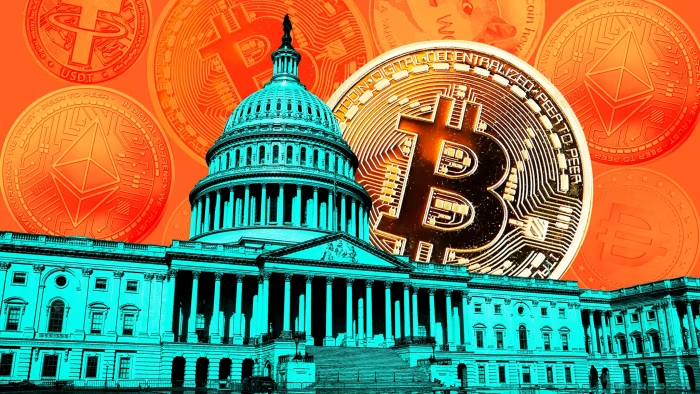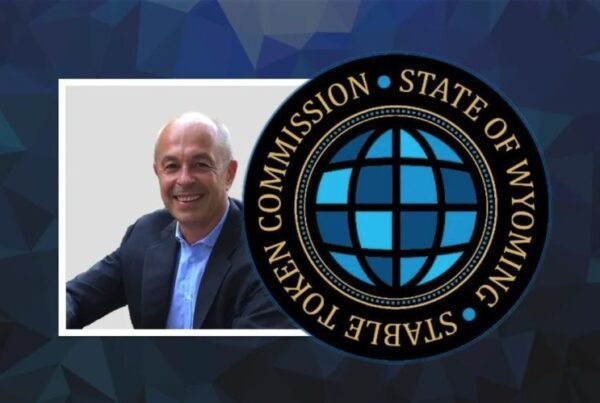Crypto Advocates Focus on Congress as GOP Takes Control of US Gov’t
Introduction
With the Republican Party securing control over the U.S. government, including the House, Senate, and the Executive branch, crypto advocates are shifting their focus towards Congress. This change in political landscape is seen as an opportunity to push for more favorable cryptocurrency policies and regulations, leveraging the GOP’s historically more pro-crypto stance.
GOP’s Crypto-Friendly Approach
-
Policy Promises: The Republican platform has shown openness to cryptocurrency, with pledges to end the Democratic crackdown on digital assets and oppose central bank digital currencies (CBDCs). This stance aligns with many in the crypto community who advocate for innovation and financial freedom through decentralized technologies.
-
Legislation on the Horizon: Several bills, like the Financial Innovation and Technology for the 21st Century Act (FIT21), which aims to clarify the regulatory roles of the SEC and CFTC over digital assets, are expected to gain traction. With a GOP majority, these legislative efforts could see significant progress.
-
Congressional Influence: The new Republican leadership in key committees, such as the Senate Banking Committee, could prioritize crypto-friendly legislation, focusing on fostering innovation while providing regulatory clarity.
Crypto Advocacy Strategy
-
Lobbying Efforts: Crypto advocates are ramping up their lobbying efforts, with industry groups like the Blockchain Association and individual influencers preparing to work closely with lawmakers. The goal is to ensure that the new Congress understands and supports the potential of blockchain technology.
-
Educating Lawmakers: There’s a concerted effort to educate both new and returning members of Congress about the nuances of cryptocurrency, its benefits, and the need for a supportive regulatory environment rather than restrictive policies.
-
Community Engagement: The crypto community is mobilizing through social media, conferences, and direct engagement with politicians, highlighting the economic benefits of crypto, like job creation and innovation, to sway public and political opinion.
Challenges and Expectations
-
Bipartisan Support: Despite the GOP’s control, achieving significant legislative changes still requires bipartisan cooperation, especially in a divided Congress. Advocates will need to appeal to Democrats who are open to crypto’s potential.
-
Regulatory Balance: The challenge lies in crafting regulations that protect consumers and maintain market integrity without stifling innovation. The crypto industry seeks a framework that supports growth while addressing legitimate concerns like fraud and money laundering.
-
Market Reaction: The crypto market has been optimistic about these political shifts, with some analysts predicting positive impacts on cryptocurrency prices due to anticipated regulatory relief. However, the market remains volatile, reacting to both policy developments and broader economic factors.
Looking Forward
-
Immediate Actions: With the GOP in control, crypto advocates expect immediate actions like the appointment of pro-crypto figures to regulatory roles, changes in SEC leadership, and the initiation of legislative processes that could define the next era of crypto regulation in the U.S.
-
Long-term Strategy: Beyond immediate legislative changes, there’s a push for creating a stable regulatory environment that can foster long-term growth in the U.S. crypto sector, potentially making the country a leader in blockchain technology.
-
Global Context: This focus on Congress comes at a time when global regulatory landscapes are also evolving, with other nations looking to establish their own frameworks, making U.S. policy decisions even more critical in the global crypto arena.
Conclusion
The GOP’s control over the U.S. government presents a pivotal moment for cryptocurrency advocates. With a pro-crypto Congress, there’s a unique opportunity to shape a regulatory environment that could accelerate the adoption and integration of digital assets into the mainstream. However, the path forward requires careful navigation through political, economic, and technological complexities to ensure that the promise of blockchain technology is realized without compromising on security, privacy, or innovation.



